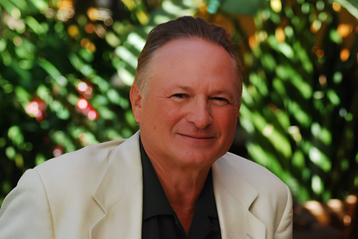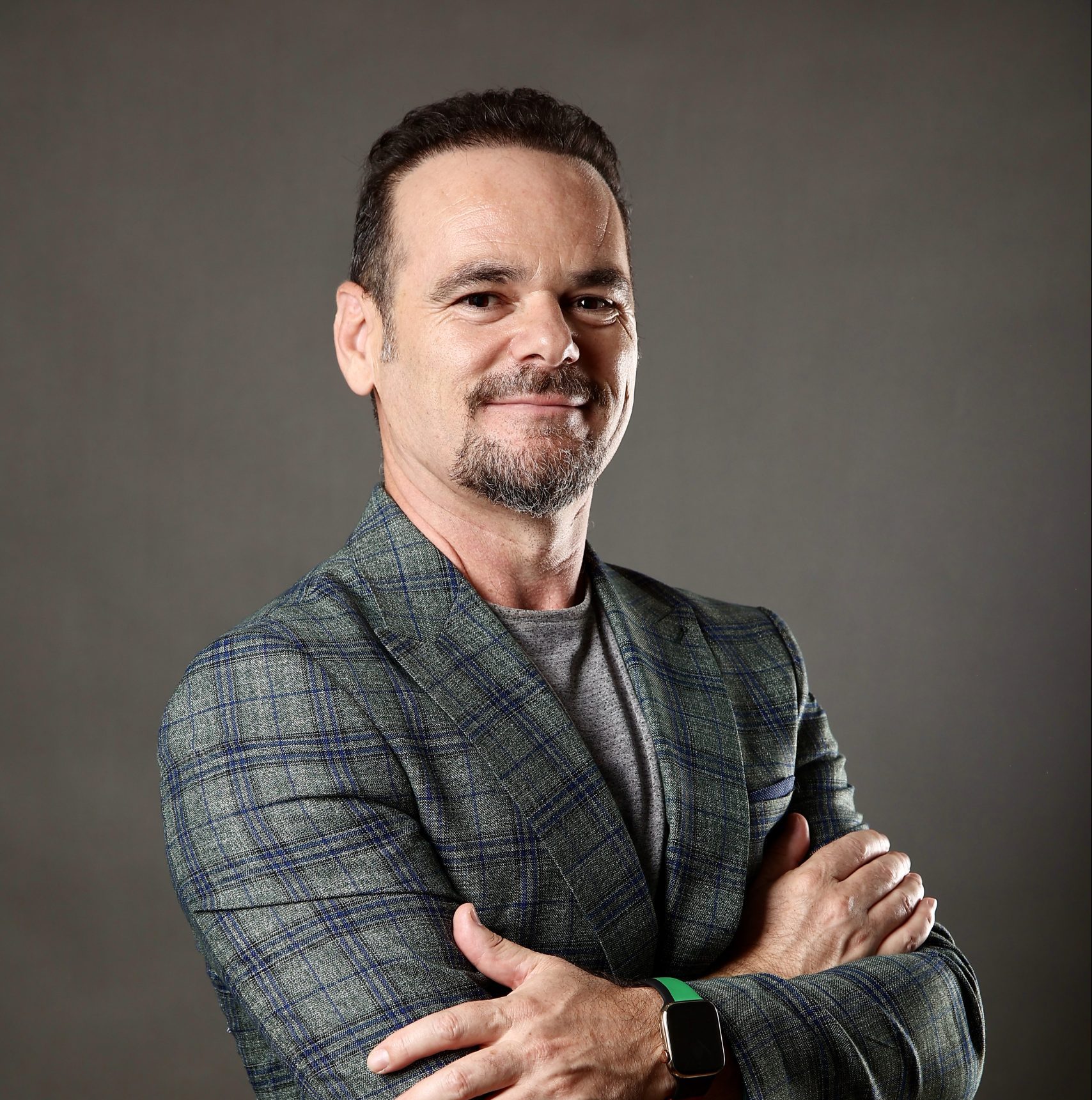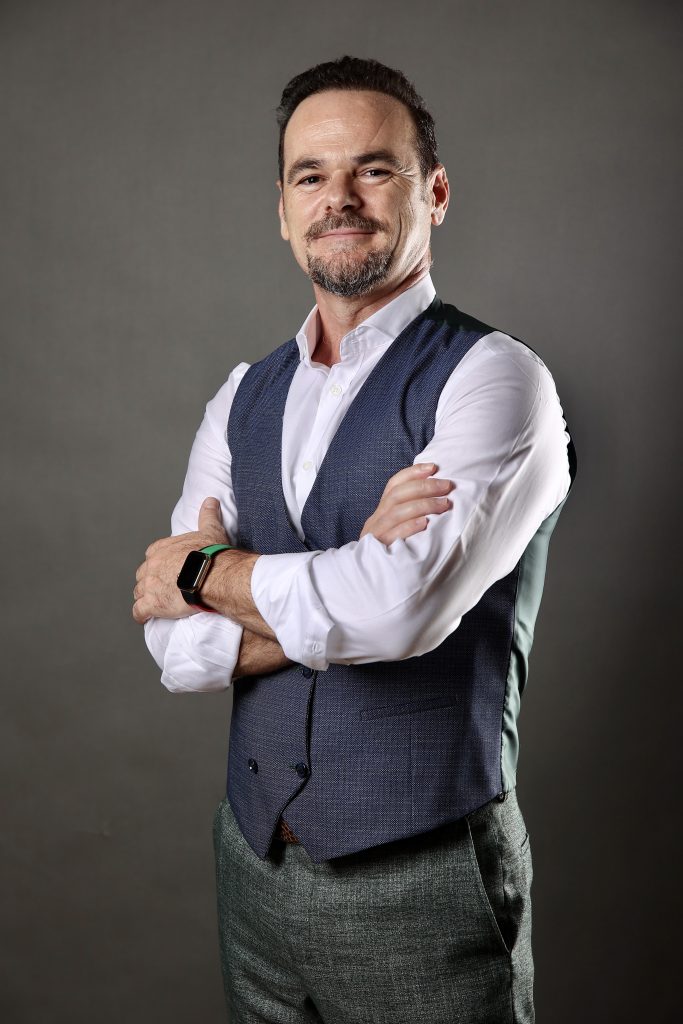Bill Gladstone has had an extraordinary career as a bestselling author and literary agent, working with notable authors like Marie Kondo, Deepak Chopra, and Neale Walsh. In 1982, he founded Waterside Productions to help authors bring their stories to the world. Recently, his health journey took a remarkable turn with the teachings of Master Shah, resulting in the remission of severe cancer and a transformative belief in the power of the Dao transformative field. Bill emphasizes the importance of love and compassion in Western medicine and is currently writing a book about his healing experiences. As he continues on his path to recovery, his future aspirations include spreading the message of Dao and love to a wider audience. His journey embodies resilience and showcases the power of transformation.
[ez-toc]
Bill, your career has been incredibly diverse, from being a best-selling author to a literary agent, and working with renowned authors. Can you tell us how your journey began and what led you to your current path?
Certainly, Mirela. My journey in the world of literature and publishing began with a passion for storytelling. I’ve always been fascinated by the power of words and their ability to inspire, inform, and transform lives. This fascination led me to become an author myself, and over time, I realized that I wanted to help others share their stories with the world. This desire to facilitate the sharing of knowledge and inspiration led me to become a literary agent. I founded Waterside Productions in 1982 to help talented authors get their books published and reach a broader audience.
Your work has touched the lives of many authors and readers. Can you share some of the most memorable moments or projects in your career that have left a lasting impact on you?
There have been countless memorable moments throughout my career, but a few stand out prominently. One such moment was when I had the privilege of working with Marie Kondo, the renowned expert on organizing and decluttering. Her book, “The Life-Changing Magic of Tidying Up,” became a massive success and resonated with people worldwide. Knowing that her work was making a positive impact on people’s lives was truly fulfilling.
Another memorable project was collaborating with Deepak Chopra on several books that explore the intersection of science, spirituality, and well-being. Deepak’s ability to bridge these diverse fields and inspire personal growth has been transformative for many readers.
Additionally, working with Neale Walsh on his “Conversations with God” series was a profound experience. These books challenged traditional beliefs and encouraged readers to explore their spirituality and understanding of life’s purpose.
Overall, these projects remind me of the incredible potential literature has to inspire and change lives.
Your recent health journey has been nothing short of remarkable. Can you elaborate on how Master Shah’s teachings and blessings played a crucial role in your recovery?
Certainly, Mirela. My health journey was marked by severe challenges, including a diagnosis of aggressive bladder cancer and complications that led to kidney failure and sepsis. It was during this critical time that I turned to Master Sha and his teachings.
Master Shah’s blessings and his calligraphy practices became an essential part of my healing journey. I diligently traced his calligraphy for 90 days, even when the odds seemed stacked against me. To everyone’s astonishment, including the medical professionals, my aggressive cancer went into remission during this period.
However, the challenges didn’t end there. Complications persisted, and I found myself on the brink of death. In those dire moments, Master Shah’s blessings and the collective energy of his retreat participants became my lifeline. Within six hours, my health indicators improved significantly, and I avoided a risky surgery.
This experience solidified my belief in Master Shah’s ability to connect us to the Dao transformative field, a belief that I had initially approached with scepticism. It reinforced the notion that we can heal ourselves and others when we align with this powerful field of energy.
Your journey from scepticism to a committed believer in Master Shah’s teachings is truly inspiring. Can you share how your understanding of the Dao transformative field has evolved over time?
My understanding of the Dao transformative field has indeed evolved significantly over the years. Initially, I approached Master Shah’s teachings with an open but sceptical mind, particularly when it came to concepts like karma. However, as I continued to witness the remarkable healing effects of his practices on others, I started to reconsider my perspective.
A decade later, after revising my views and accumulating evidence from thousands of cases where Master Shah had healed severe illnesses, I became a believer. I understood that the Dao transformative field was not limited to just one aspect of healing; it encompassed physical, emotional, and spiritual well-being.
My own personal experience was the turning point that transformed me into a committed believer. It’s one thing to believe based on the experiences of others, but to experience the profound effects of the Dao field personally was a game-changer. It deepened my commitment to embracing the Dao in all aspects of life and sharing its transformative potential with others.

You emphasize the importance of love and compassion in Western medicine. How do you envision the integration of these qualities with the current healthcare system?
The integration of love and compassion into Western medicine is essential for creating a more holistic and patient-centred healthcare system. Currently, Western medicine often focuses primarily on numbers, statistics, and protocols. While these aspects are crucial for diagnosis and treatment, they sometimes overshadow the human aspect of healing.
Love and compassion should be woven into the fabric of healthcare. Healthcare providers should not only treat physical ailments but also consider the emotional and spiritual well-being of patients. This approach fosters a sense of connection, empathy, and trust between patients and healthcare professionals.
Additionally, Western medicine can benefit from complementary modalities that emphasize the healing power of love and compassion, such as Master Shah’s teachings. These practices can enhance the overall well-being of patients and contribute to their healing journey.
Ultimately, the goal is to create a healthcare system where patients feel genuinely cared for, heard, and supported, where love and compassion are integral components of the healing process.
You’re writing a book about your experiences and insights gained from your health journey. Can you give us a glimpse into what readers can expect from this book?
Certainly, Mirela. The book I’m currently writing, titled “Multiple Miracle Healings through the Dao Transformative Field,” will provide readers with a deeply personal and transformative journey through my experiences. In the book, I will share the challenges I faced, from a severe cancer diagnosis to life-threatening complications.
Readers can expect to gain insights into the power of the Dao transformative field and its ability to facilitate healing on multiple levels—physically, emotionally, and spiritually. I’ll explore the concept that healing is a partnership between individuals and this powerful field of energy.
Moreover, the book will delve into the importance of love, compassion, and embracing the Dao in one’s life. It will offer hope and inspiration to those facing health challenges, encouraging them not to give up but to tap into their inner strength and the transformative potential of the Dao.
Overall, it’s a story of resilience, belief, and the profound impact of the Dao transformative field on my life and health.
Bill, as you continue your path to recovery, what are your future plans and aspirations, both in your personal life and your professional endeavours?
In my personal life, my primary aspiration is to regain full health and vitality. Despite the challenges I’ve faced, I’m committed to reaching a state of well-being that allows me to be my energetic self once again. I have a long road to recovery, but I’m determined to get there.
Professionally, I’m dedicated to furthering Master Shah’s mission and sharing his teachings with a broader audience. I want to contribute to making the world aware of the transformative potential of the Dao transformative field and the importance of integrating love and compassion into healthcare.
I also continue to support authors in sharing their messages and stories with the world through Waterside Productions. Literature has the power to inspire, educate, and transform, and I want to continue facilitating that process.
Ultimately, my future revolves around health, service, and spreading the message of the Dao and love to as many people as possible.






